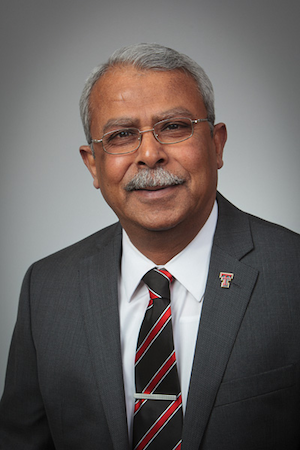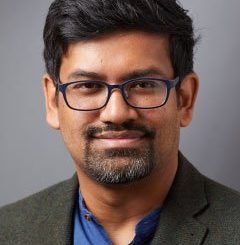
PROVIDENCE, RI (TIP): Three Indian American scholars have joined the faculty of Brown university with 38 new appointees with research and teaching expertise spanning topics from neuroscience to Hispanic studies to biostatistics, Providence, Rhodes Island-based university announced.
“Our faculty are central to Brown’s research and educational mission,” said Brown Provost Francis J. Doyle III. “These new members of our community are vital to the continued growth of Brown as a preeminent research university that is dedicated to the education of future generations.”
Kim Fernandes, Assistant Professor of Anthropology, is a sociocultural anthropologist interested in disability, data and technology. Their research explores how assumptions about normalcy and body shape are shaped by the development of various technologies.
Focusing on urban India, Fernandes’ first book project looks at how the body meets and moves through the world. This ethnographic project studies how national enumeration and identification infrastructures are shaped by numerical representations of everyday experiences with disability. Research for this project has been supported by the Social Science Research Council and the Taraknath Das Foundation.
Fernandes’ research interests lie at the intersections of disability studies, science and technology studies, and the anthropology of South Asia. Their interest in disability and technology has led them to begin a new collaborative research project on neurotechnology and disability.
Focusing on North America and centering the perspectives of disabled people, this ethnographic project attends to the development of neurotechnology that targeted specifically toward experiences of disability.
Fernandes’ research, teaching and community engagements are informed by their experience working in education and monitoring and evaluation prior to beginning their PhD.
Saloni Gupta is Jonathan M. Nelson Assistant Professor of Education and Entrepreneurship. Her work lies at the intersection of education, innovation, and economic development.
She examines how education systems develop higher-order skills for a changing labor market and how new technologies influence the scaling of educational innovations.
Gupta is an invited researcher at the J-PAL’s Science for Progress Initiative. Her work is supported by the Weiss Fund for Development Economics, the National Academy of Education, the King Center on Global Development at Stanford University, the Learning for All Initiative (LAI) at J-PAL, and the What Works Hub for Global Education.
Gupta completed her PhD in Economics and Education at Teachers College, Columbia University in 2024 and a postdoc at the Stanford King Center on Global Development in 2025.
Before her PhD, she taught in a juvenile home for children rescued from the streets, launched nationwide teacher training programs, worked as a software engineer, and served as a policy consultant to several Indian state governments.
Divya Murthy is an Assistant Professor of Pathology and Laboratory Medicine (Research). Her research centers on metabolic reprogramming in pancreatic cancer and its tumor microenvironment, focusing on the mechanisms driving metastasis and therapy resistance.
She earned her PhD from CSIR-Institute of Genomics and Integrative Biology, New Delhi, India, where she made significant strides in identifying an unconventional role of autophagic machinery in organelle transport within skin cells.
During her postdoctoral work at the University of Nebraska Medical Center, Dr. Murthy investigated the metabolic crosstalk between pancreatic cancer cells and the tumor microenvironment, specifically targeting interactions with cancer-associated fibroblasts and macrophages to uncover metabolic vulnerabilities that could inform new therapeutic approaches.
She continued her work on cancer metabolism at Baylor College of Medicine, where she discovered a novel metabolic role for the stem cell marker CD24 in triple-negative breast cancer (TNBC), opening avenues for new TNBC treatment strategies.
In the Mani Lab, Dr. Murthy continues to expand her research, delving into the roles of epithelial-mesenchymal transition (EMT) and cancer stem cells in pancreatic cancer metastasis and development of therapy resistance.
Her work aims to elucidate key metabolic and cellular processes as potential therapeutic targets to improve the current standard of care therapies for pancreatic cancer patients.





Be the first to comment